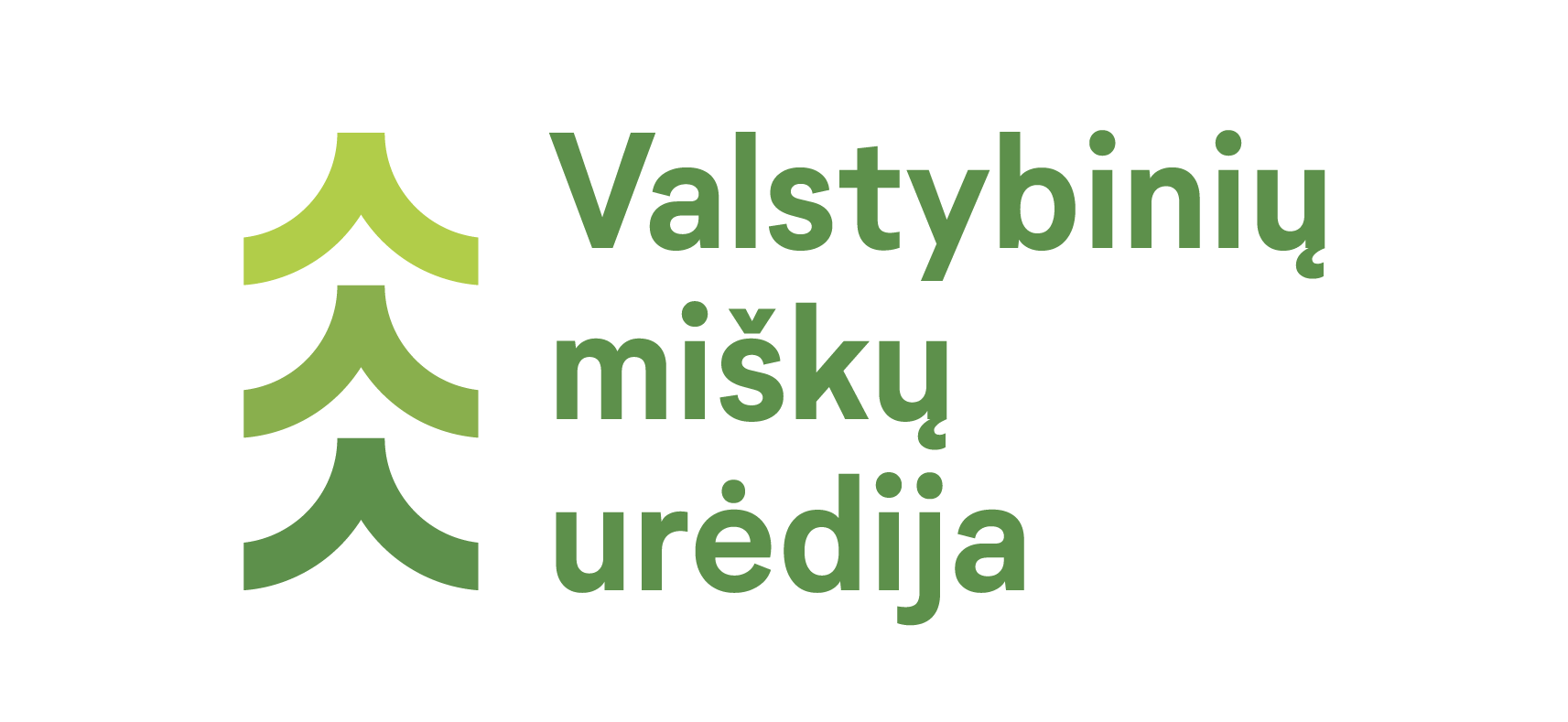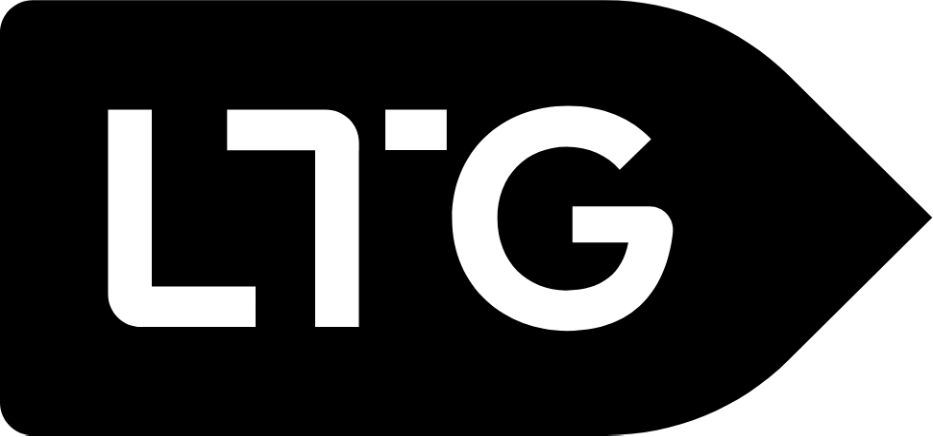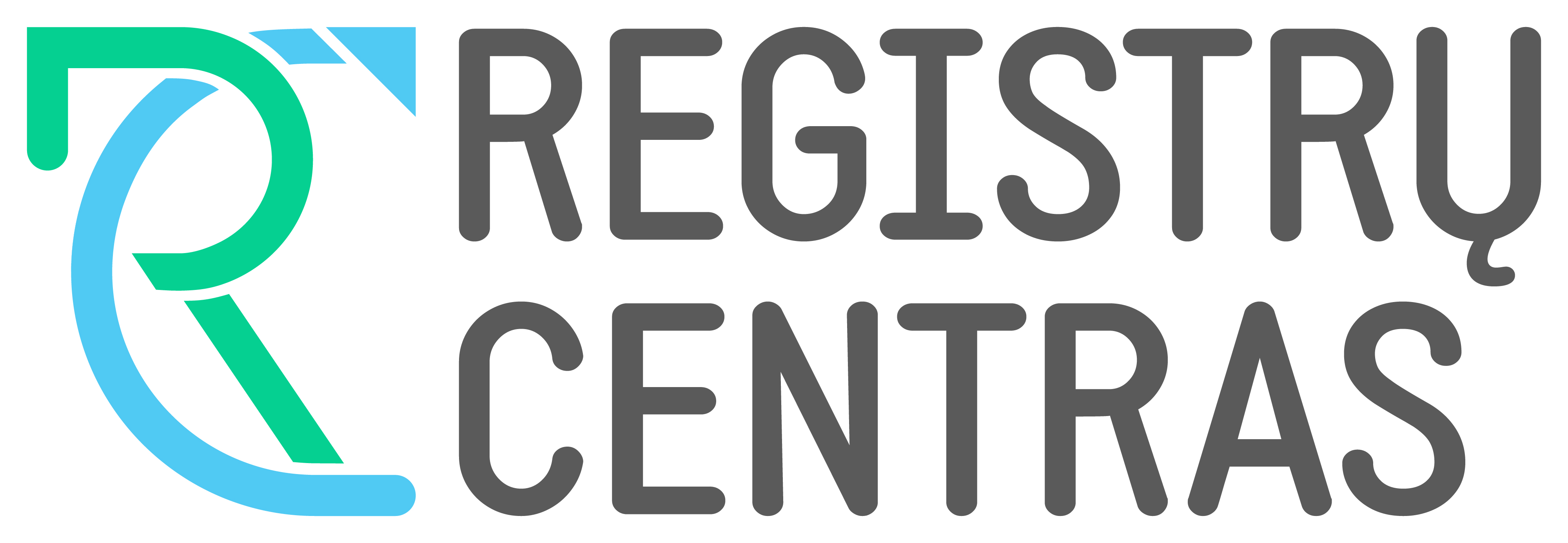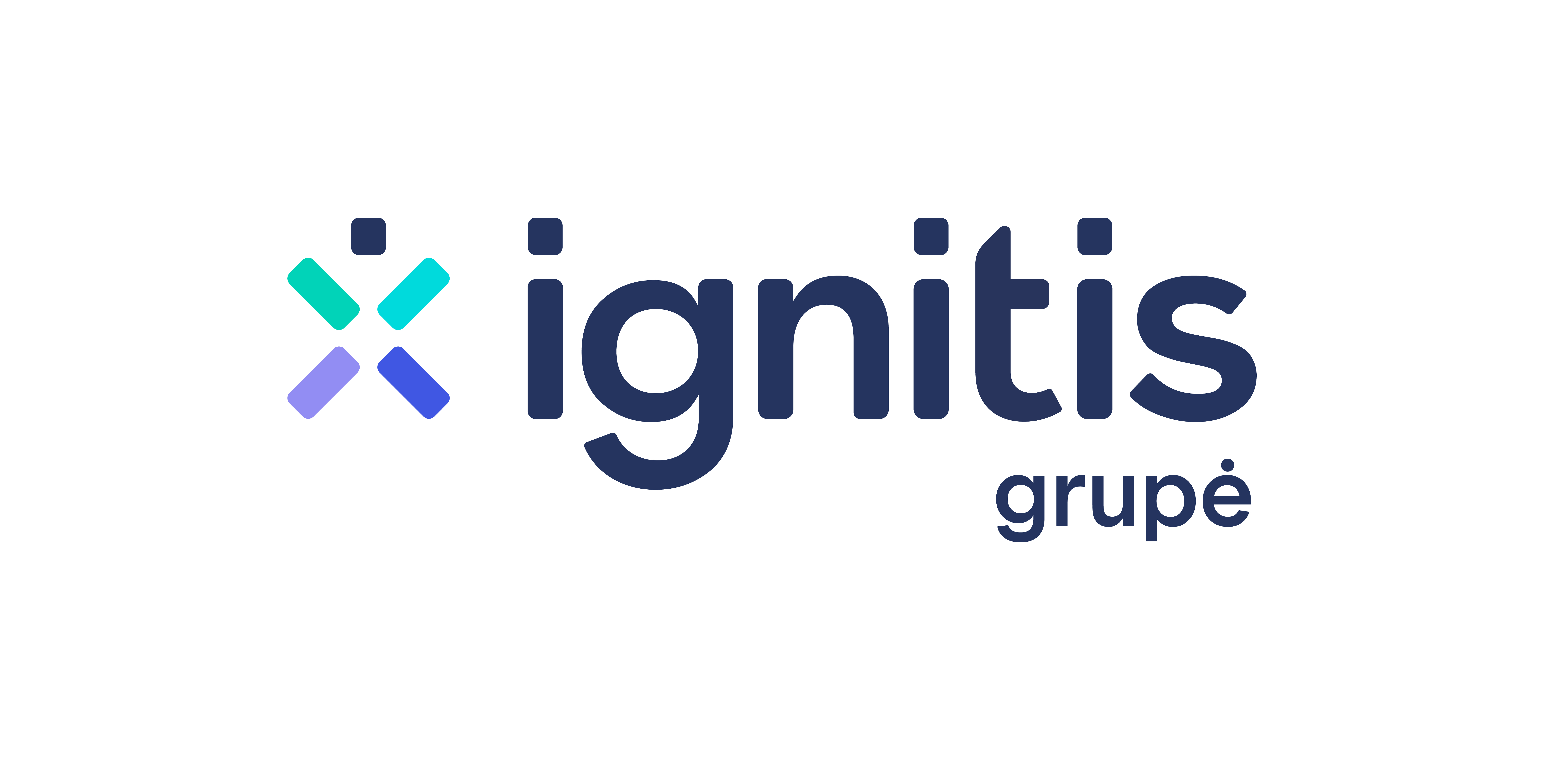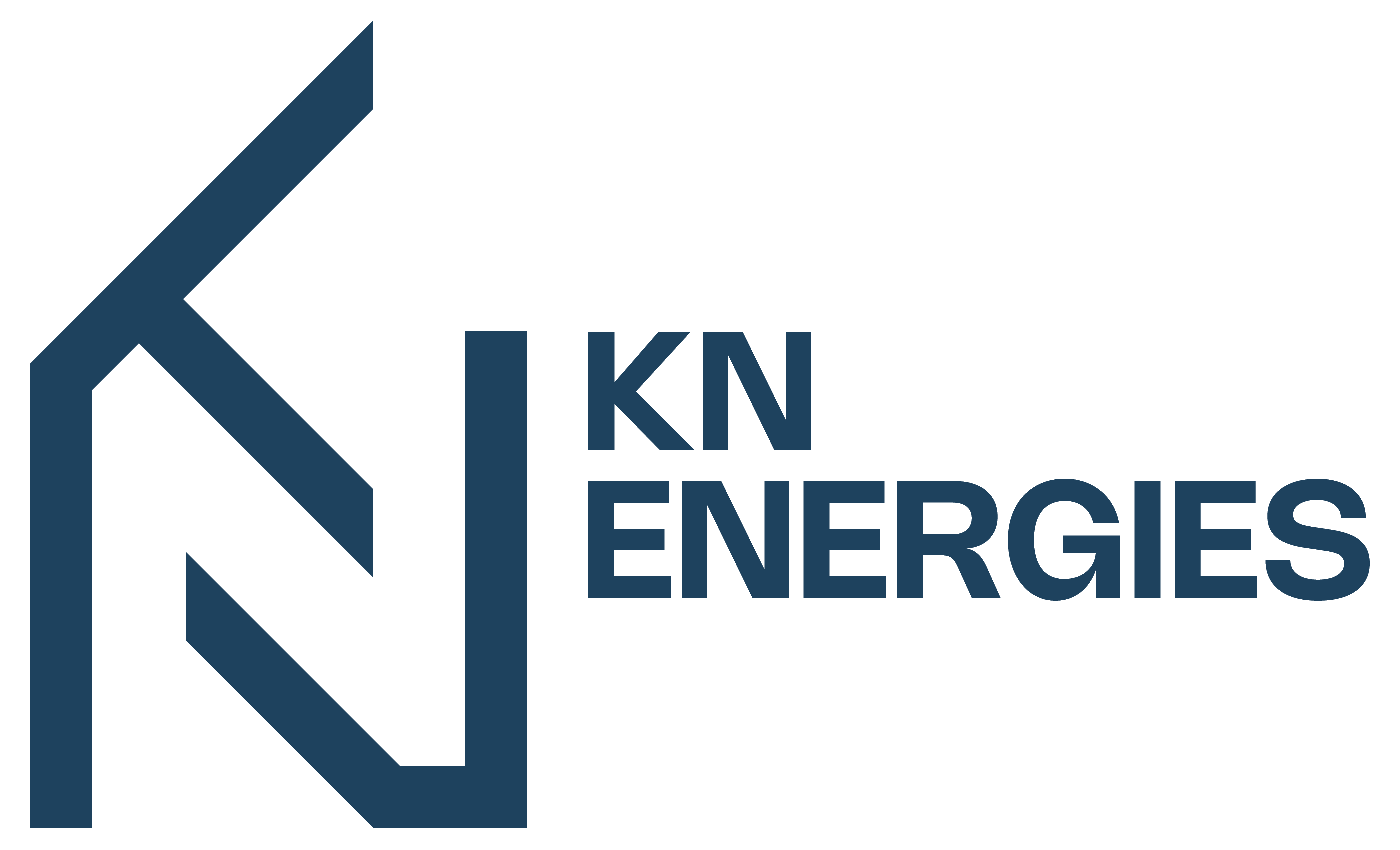OECD updates SOE governance guidelines: outlining new trends in SOE governance
To address the latest global governance trends, the Organisation for Economic Co-operation and Development (OECD) has updated its State-Owned Enterprise (SOE) governance guidelines, which will be followed by all countries adhering to OECD’s best practices. The updates focus on the role of the state as a professional and active manager of SOEs, ensuring a level playing field, accountability, transparency, and disclosure for SOEs. Additionally, a new section on sustainability has been introduced.
The OECD’s SOE governance guidelines are considered the primary global standard for SOE ownership and governance. These guidelines help states, as enterprise owners, evaluate and enhance the quality of ownership and corporate governance in their enterprises.
According to Vidas Danielius, Director of the Governance Coordination Center (GCC), as the world undergoes a green transformation and strives for sustainable growth, the leadership of states and SOEs, as well as their ability to set a positive example for other market players, is crucial.
The OECD’s SOE governance guidelines now include a new section titled “SOEs and Sustainability,” emphasizing the commitment of states and SOEs to contribute to creating a sustainable environment for all stakeholders.
In the new edition of the OECD guidelines, the sustainability section highlights the importance of incorporating sustainability goals into SOE Ownership Guidelines. It reinforces the role of SOE boards in identifying sustainability-related risks and opportunities. It also stresses the importance of sustainability reporting and disclosing requirements based on consistent and reliable information. States are encouraged to set high standards for SOEs regarding responsible business practices and stakeholder engagement, says VKC Director V. Danielius.
The updated OECD guidelines include further revisions across four key areas. What are these updates?
Strengthening the Role of the State as an Owner
The second section of the OECD guidelines, which emphasizes that the state should act as a conscious and active owner ensuring that SOE governance is conducted transparently, accountably, professionally, and efficiently, now includes three new provisions: ownership rights should be exercised in a coordinated manner when granted to multiple entities acting together. Clarifications were made to the definitions of “ownership” or “control” and how these are implemented in SOE groups. The state should review its expectations for SOEs only when their mission fundamentally changes, and this process should be transparent.
SOEs in the Market – Ensuring Fair Competition
The third section, which outlines that SOEs should operate under a legal, regulatory, and policy framework ensuring fair opportunities for other market participants, now includes a new provision emphasizing the importance of proportional and transparent compensation for special obligations performed by SOEs. A clarification that SOEs should not be incentivized to provide subsidies or privileges to other commercial entities and are encouraged to operate on commercial principles.
Transparency, Accountability, and Disclosure
The fifth section, focused on applying high standards of transparency, accountability, integrity, and disclosure to SOEs, has been expanded with updates to the list of disclosed information, including commitments, risks of non-compliance, and potential consequences. A requirement for SOEs to implement risk management systems for identifying, managing, and reporting risks. An emphasis on establishing professional and independent internal audit functions.
SOE Boards: Composition, Accountability, and Governance Improvements
The sixth section, which focuses on ensuring that SOE boards have the necessary authority and competencies for strategic leadership, risk management, and governance oversight, now includes a stronger emphasis on board accountability for risk governance, external audits, and internal controls. Stricter provisions on board diversity, autonomy, and independence. An updated definition of independence and clarified board responsibilities to align with stakeholder expectations.
These updates reflect OECD’s commitment to advancing SOE governance in a way that aligns with modern challenges, particularly sustainability and transparency.

